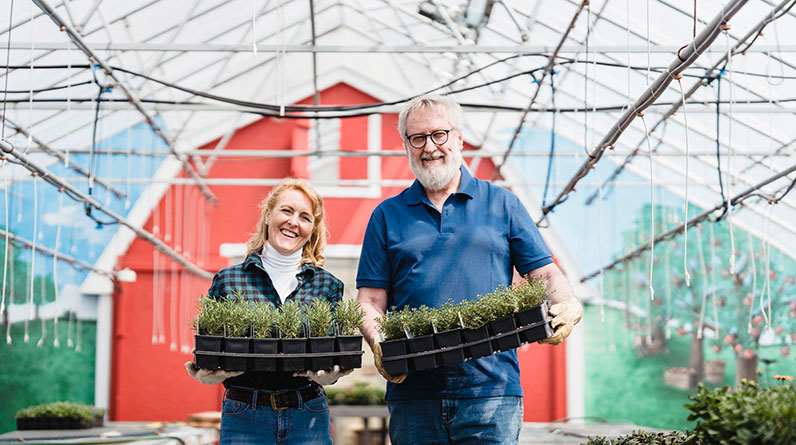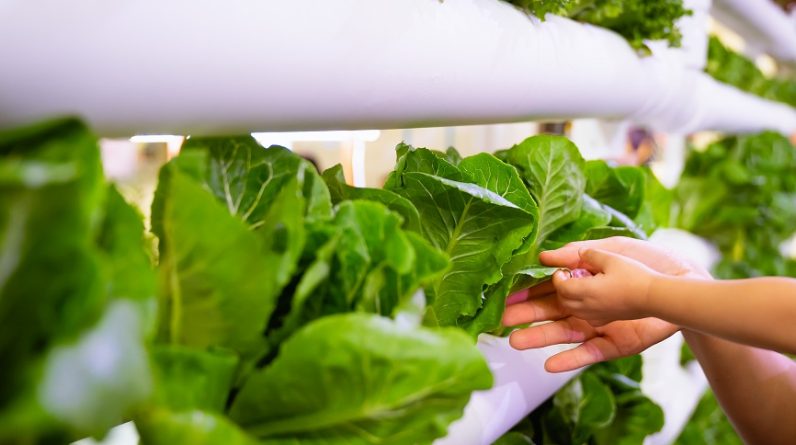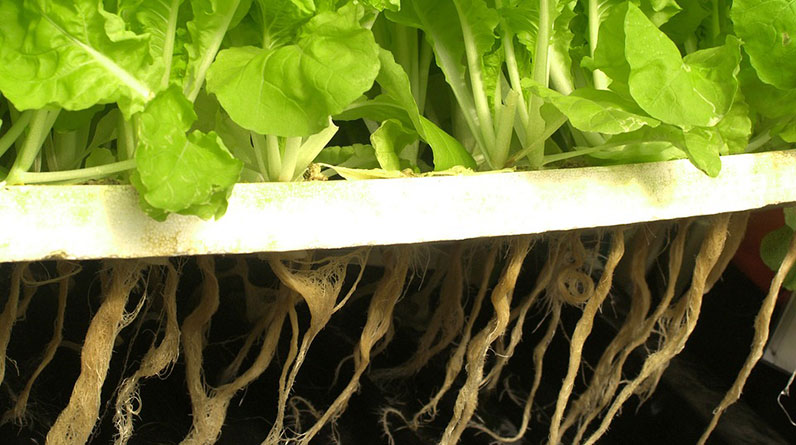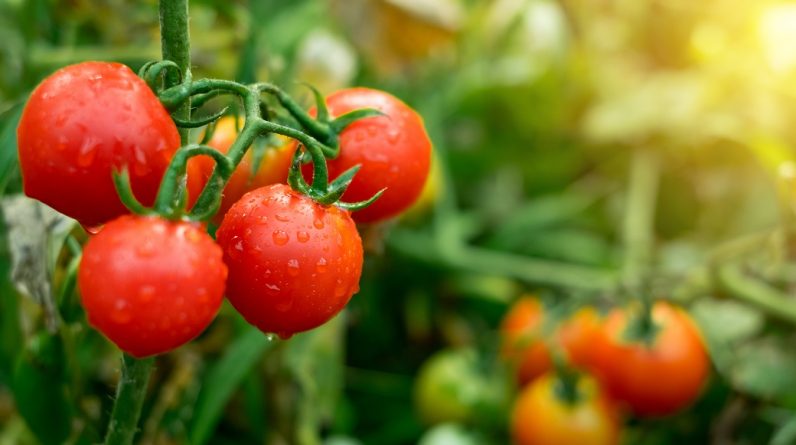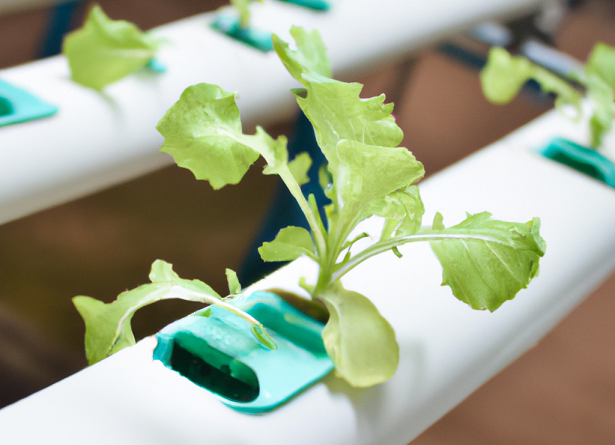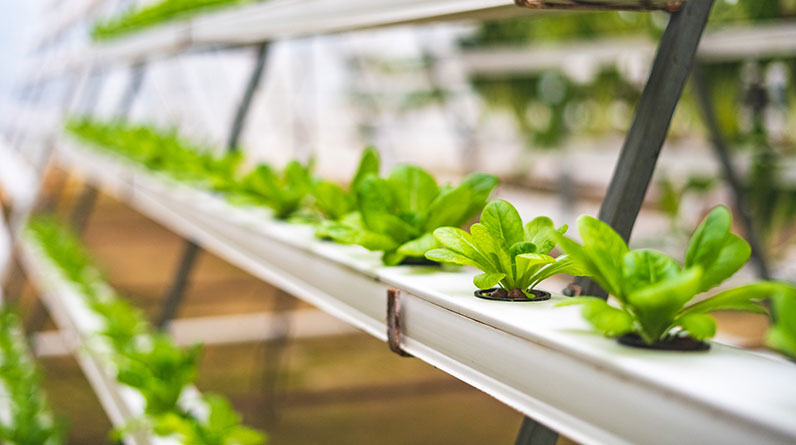
Hydroponic Gardening is Growing!
Hydroponic gardening has been gaining more popularity, especially among urban gardeners, as an alternative method of growing plants and vegetables. Unlike traditional soil-based gardening, hydroponic gardening is a soilless system that solely relies on nutrient-rich water solutions to feed and nourish plants’ root systems. This allows for more accurate control over the growth process and eliminates factors that normally limit plant growth in traditional gardening.
Some Key Benefits of Hydroponic Gardening
Space optimization
One of the significant advantages of hydroponic gardening is that you don’t require vast outdoor space to grow a garden. This makes it possible to grow a variety of crops, even in urban environments, provided that you have access to sunlight or adequate artificial lighting for indoor gardening. Hydroponic systems are designed to maximize space utilization, enabling you to grow more plants in a limited area.
Resource conservation
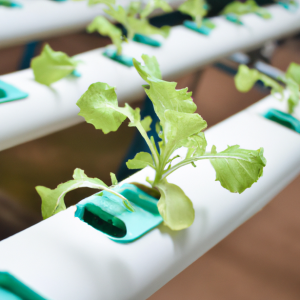 Hydroponic gardening is a water-efficient technique that requires significantly less water than traditional gardening. With soil-based gardening, water is often wasted as it drains away from the plants, whereas the water supply in hydroponic systems is recirculated, so less water is used overall. The controlled delivery of water and nutrients to plants not only conserves resources but also ensures that the plants receive the exact nutrients they need.
Hydroponic gardening is a water-efficient technique that requires significantly less water than traditional gardening. With soil-based gardening, water is often wasted as it drains away from the plants, whereas the water supply in hydroponic systems is recirculated, so less water is used overall. The controlled delivery of water and nutrients to plants not only conserves resources but also ensures that the plants receive the exact nutrients they need.
High yields and faster growth
Growing plants hydroponically promotes faster growth rates, and plants can produce higher yields. This is because hydroponic gardening allows for more accurate control over the nutrients that the plant receives, and the pH levels of the water. With optimal nutrient and water conditions, you will get faster growth and flowering, leading to high-quality produce.
Plants grow healthier
Since the growth medium used in hydroponic gardening is free of pests, diseases, and weeds, there is a reduced risk of crop damage from such sources. This leads to healthier plants that are free from soil-borne diseases or pests. Additionally, the plants’ nutrient intake is highly-regimented, reducing the risk of nutrient deficiency, and leading to the production of healthier and more robust plants.
Cost-effective
Although hydroponic gardening requires an initial investment in equipment, it is still a cost-effective way of growing plants in the long-term. Since this gardening system requires less water and nutrient use, the running cost is significantly reduced, and the yields produced are more than worth the initial investment.
Sustainability
Hydroponic gardening is highly sustainable as the system uses less water and space, and involves fewer chemicals when compared to traditional gardening. Also, the reduction of water use makes it more environmentally-friendly, considering the scarcity of water globally.
Versatility
The nature of hydroponic gardening makes it possible to cultivate various plants and vegetables with different nutrient requirements. With this technique, it’s possible to grow crops that cannot grow in your specific area, especially with some crops that depend on specific soil types, temperatures, and climates.
Year-Round Production
Hydroponic systems are not affected by seasonal changes, meaning that, with this technique, you can have your plants and vegetables grow all year round irrespective of the season.
Some Final Thoughts on Hydroponic Advantages
Hydroponic gardening is an efficient, sustainable, and cost-effective system of growing plants and vegetables that is gaining more popularity among urban gardeners. Unlike traditional gardening, hydroponic gardening ensures that plants receive the exact nutrients, prevents and eliminates soil-borne diseases, and is highly sustainable. With hydroponic gardening, you can cut down your water usage, space, and maintenance costs while receiving higher yields that are of better quality. With its numerous benefits, hydroponic gardening is the future of food production, and the perfect solution for environmentally-conscious gardeners.



